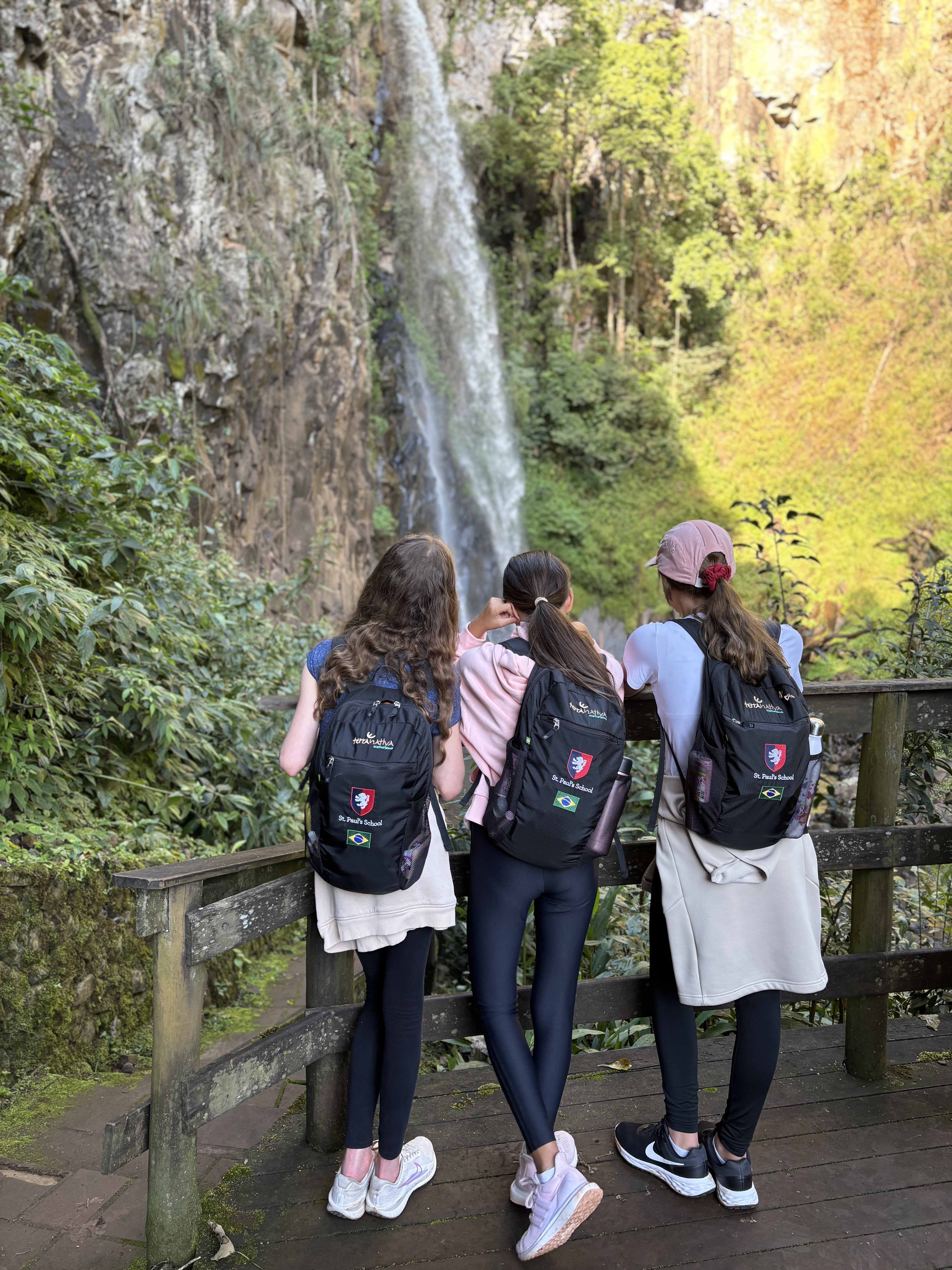 At St. Paul’s School, learning extends far beyond the classroom, both on and off campus. Educational trips and outings are an essential part of the curriculum, offering scholars practical, cultural, and social experiences that significantly enrich their academic journey.
At St. Paul’s School, learning extends far beyond the classroom, both on and off campus. Educational trips and outings are an essential part of the curriculum, offering scholars practical, cultural, and social experiences that significantly enrich their academic journey.
External activities are integrated into school life from Form 2 to Upper 6th. According to Mrs Ana Carolina Belmonte, Assistant Head of Educational Inclusion and Enrichment, throughout the seven years of Senior School, each pupil takes part in an average of three to five external activities per year – ranging from day trips to multi-day expeditions.
 “These experiences are transformative in shaping our pupils, as away from the usual school environment they learn to collaborate, face challenges, and strengthen bonds with peers and teachers”, adds Mrs Belmonte. Trips and excursions are valuable moments for scholars’ social and emotional development, which are crucial both personally and professionally.
“These experiences are transformative in shaping our pupils, as away from the usual school environment they learn to collaborate, face challenges, and strengthen bonds with peers and teachers”, adds Mrs Belmonte. Trips and excursions are valuable moments for scholars’ social and emotional development, which are crucial both personally and professionally.
These experiences also bridge theory and practice: historical concepts come to life at archaeological sites, for instance, and citizenship themes are explored in conferences such as the Model United Nations (MUN). “At MUN conferences, pupils encounter new cultures, engage in respectful debate, and learn to appreciate differing viewpoints,” shares Ms Belmonte. 
Beyond academics, excursions foster a wide range of interpersonal skills. Sports trips, for example, teach far more than technique – they nurture resilience, teamwork, and respect. The Duke of Edinburgh Award programme is another initiative at St. Paul’s School that exemplifies this, promoting the development of leadership, empathy, and resilience through expeditions and practical challenges. By facing real-life situations outside the school environment, scholars learn to collaborate, overcome obstacles, and grow personally.
“It is through these experiences that I clearly see the essence of the transformative education we strive to offer: one that combines learning, interaction, and discovery,” says Ms Belmonte. In this way, external activities become a vital part of a well-rounded and meaningful education, aligned with the values of an institution committed to preparing pupils for the challenges of the modern world.


